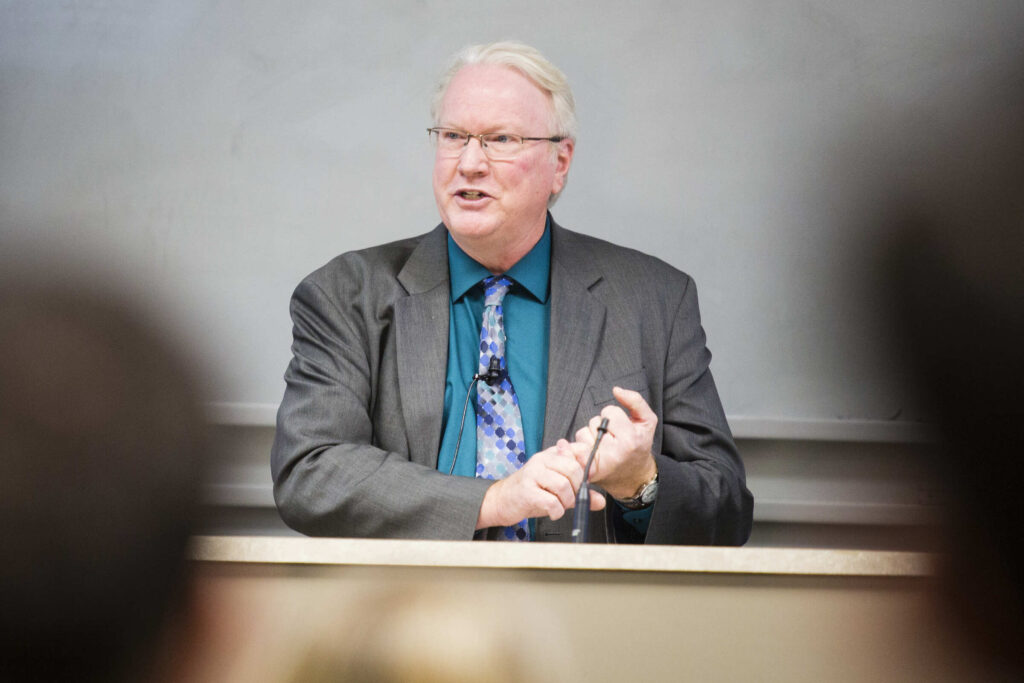Scott Martens, professor of operations and supply chain management at the University of St. Thomas Opus College of Business, recently spoke with The Minnesota Star Tribune about how companies can handle supply chain challenges like tariffs, strikes, and global disruptions.

From the story:
President-elect Donald Trump’s pledge to raise tariffs and the possibility of a second U.S. port strike in January have companies wondering what their inventory strategies should be. ...
Managing a supply chain is a complicated business. The ifs of the current situation outnumber the definite factors and the timing of those factors, experts say.
Without specifics on what countries would be affected, how steep the tariffs might be and when they’d be applied, it’s hard to make decisions.
A complex global supply chain can’t be turned on and off like a kitchen faucet. Ordering supplies from overseas that move by ship might take months from the time an order is made until final delivery. ...
Scott Martens, professor of operations and supply chain management at the University of St. Thomas, said companies have been running lean inventory systems for almost 30 years. That has helped global economics. The communication and transparency needed to maintain that sort of system has helped mitigate the bullwhip effect that caused big economic swings that were once more common.
Better and more accurate information has helped supply chain managers manage the normal changes to demand, too. But extraordinary events can still put a kink in the chain, like stocking up in response to potential tariffs. “When you’re running really lean, which is very good from a cost and efficiency standpoint, any disruption in the supply chain puts a big kink in that snake,” Martens said.






